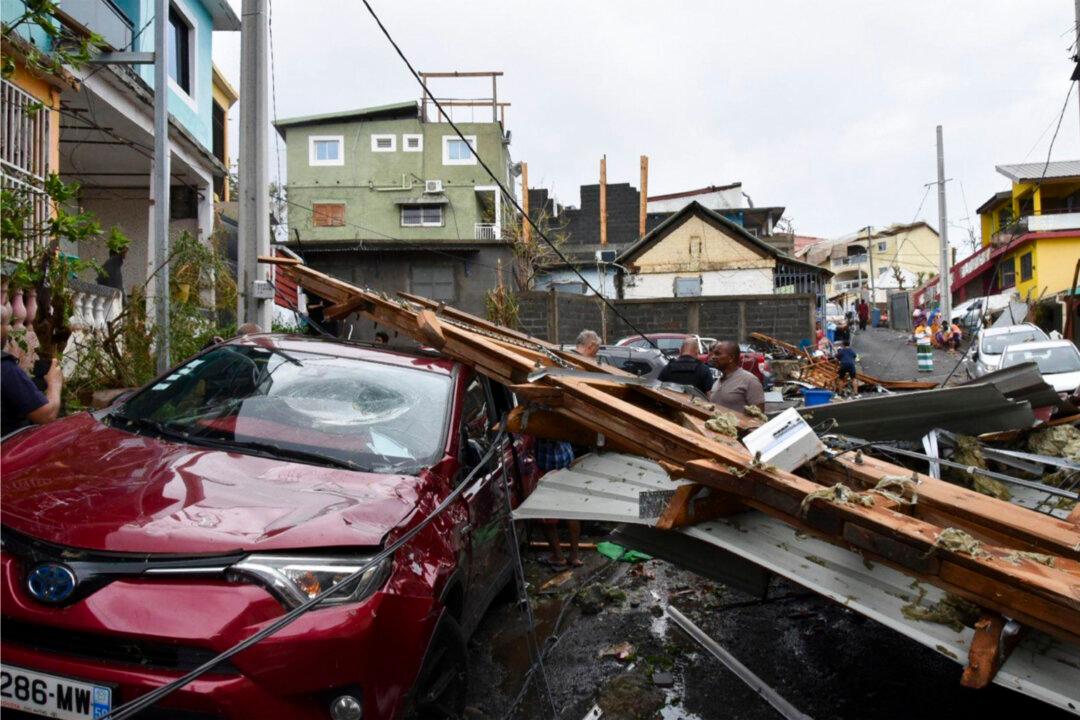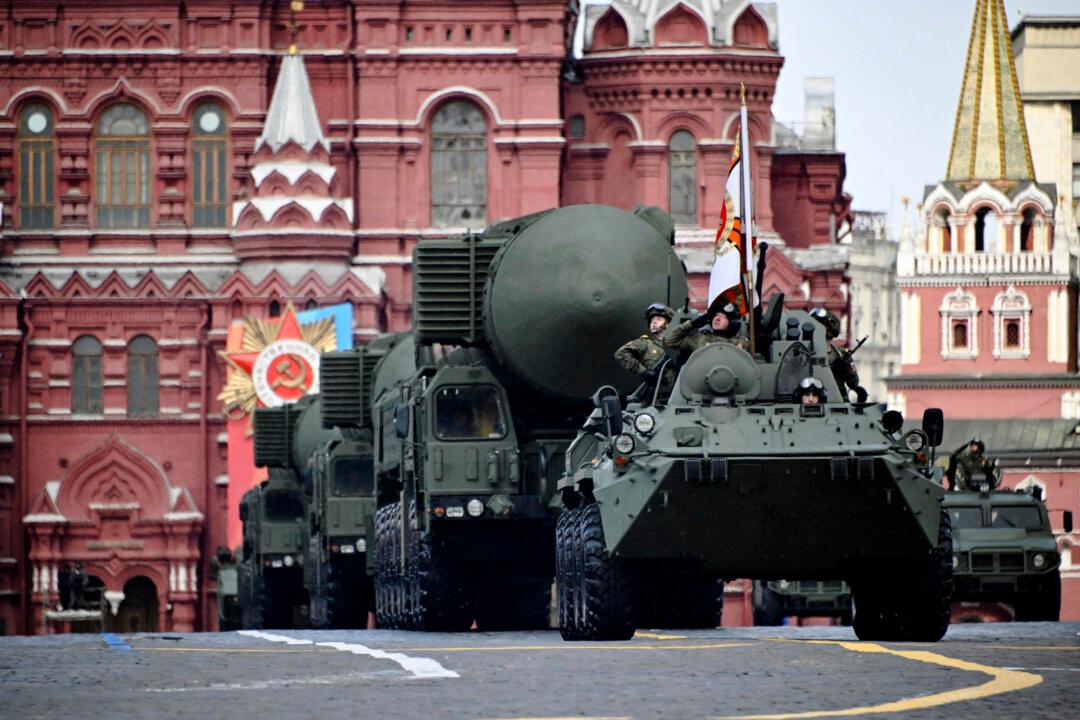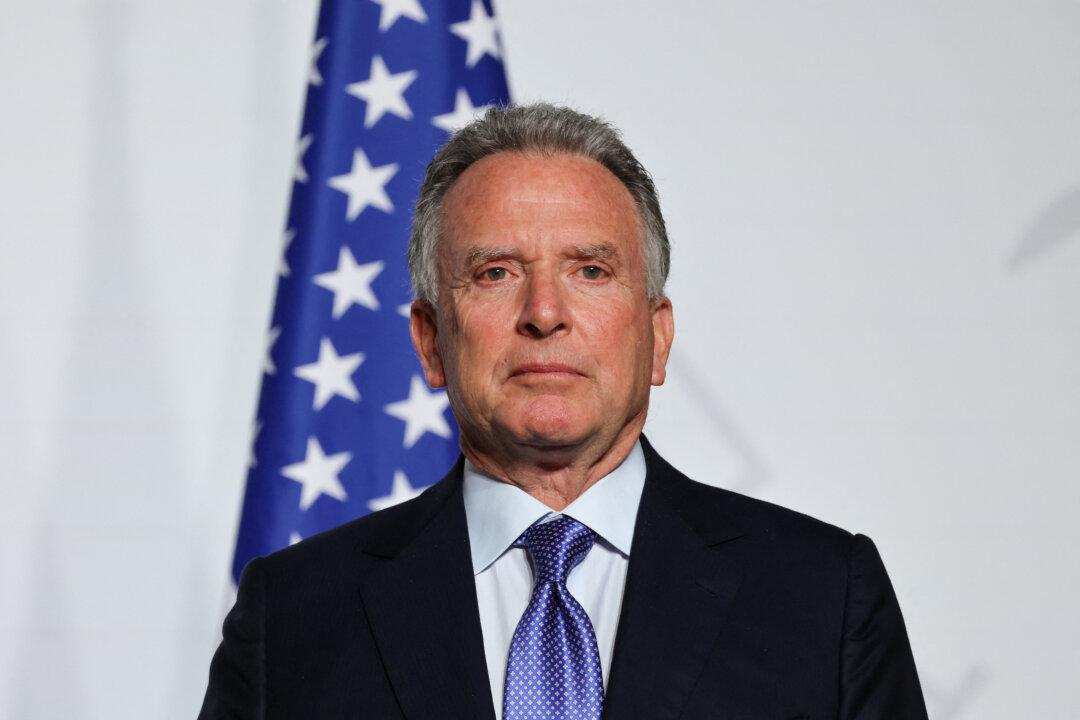An overnight curfew was declared by French authorities in the ocean territory of Mayotte on Dec. 17 as they sought to stabilize the islands and prevent looting in the wake of Cyclone Chido.
France’s military says it is sending four to five planes a day with up to 50 tons of assistance, including food, water, and medical supplies, as they try to cope after the strongest storm to hit the island in nine decades devastated France’s poorest territory off the African coast.





